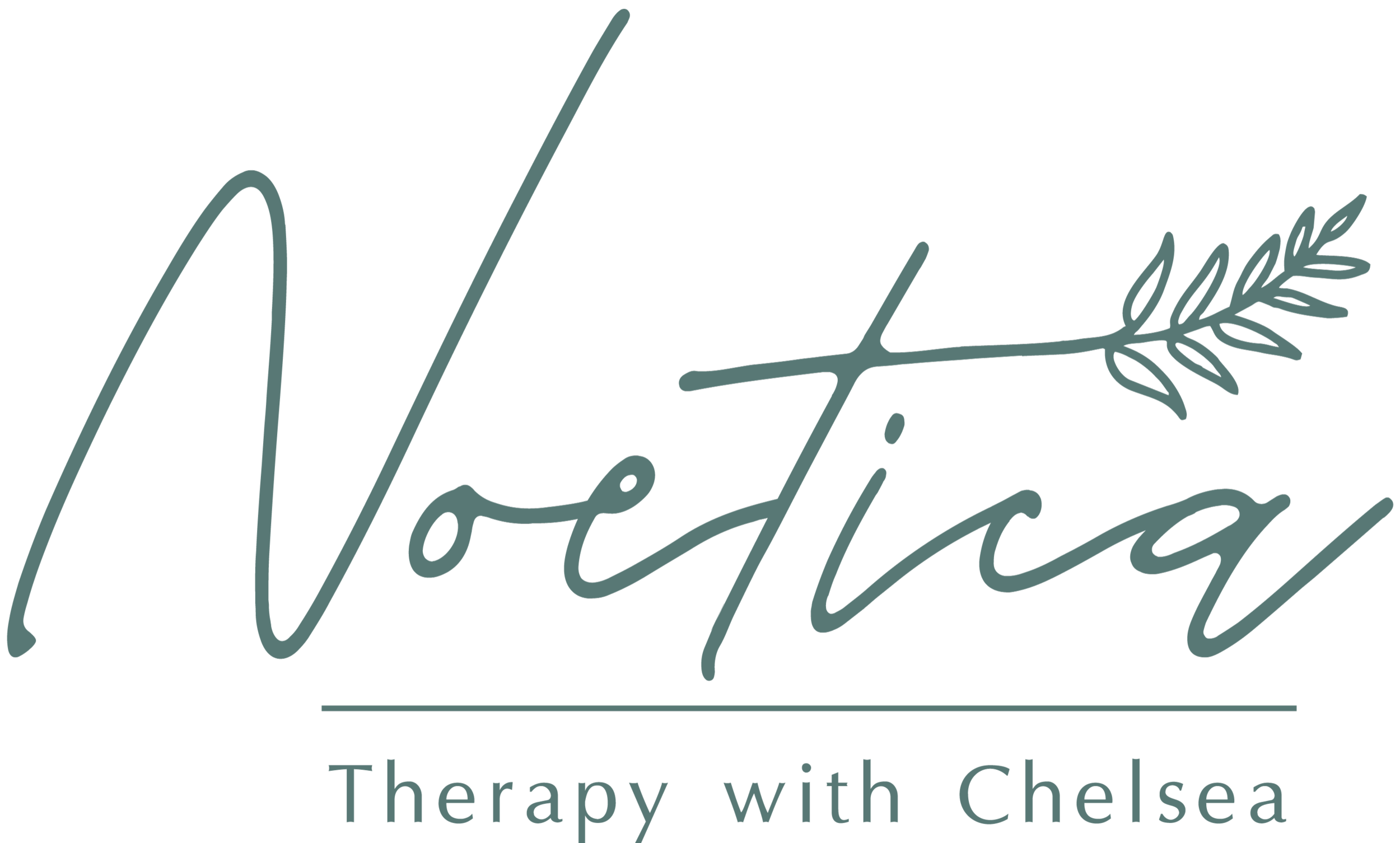Frequently Asked Questions
Below are some common questions that people have when they decide to begin counselling and therapy. If this section does not cover your questions and concerns, please feel free to contact me and I would be more than happy to discuss with you over the phone or email.
Is it really so bad that I need counselling?
It is a common misconception that you need to hit "rock bottom" before you decide to seek counselling and therapy. There are numerous reasons why a person may choose to speak with a qualified professional about his or her life; everything from taking preventative measures to addressing a full-blown crisis. Whether you're in a season of life where you're looking for insight, needing some guidance in making a shift or transition, wanting to change but not being sure how, hurting badly and feeling hopeless, carrying a burden of past traumas and memories, or in a crisis and you've reached your limit - counselling can help.
Can we be Facebook friends or follow each other on social media?
Likely not. This isn't because I don't like you. Chances are, I really like you and we probably have some things in common. Therapy and counselling work because of the nature of the therapeutic relationship; where it is my professional obligation to protect the relationship by upholding boundaries and maintaining confidentiality. Counsellors typically do not self-disclose much about their lives; however, once in awhile I will share about my life if I deem it to be in your best interest and clinically-relevant. This is best done in the counselling session where it can be processed, rather than over social media.
Can I use my Extended Health Benefits? Will Insurance cover counselling?
I am a Registered Clinical Counsellor (#15201) and Canadian Certified Counsellor (#10002791). It depends on your health benefits provider and the arrangement that the company you work for has set up with them. If you are hoping to have your counselling covered, it would be advisable to check with the provider before booking an appointment with me. I will provide you with a receipt of service which you can submit to your extended health plan for reimbursement.
While MSP in BC does not cover counselling services, your counselling sessions are tax deductible in your annual tax return.
Can I contact you to book an appointment for a Friend/Family Member/spouse/etc?
It can be very hard to take the step to book a counselling appointment and it might be easier for you if someone in your life helps you take that step. Or perhaps you are concerned about your loved one and would like to help find resources and support for that person. Counselling is a process that requires the engagement of the person receiving services; therefore, if you are calling for a friend or family member, I am more than happy to receive your call and discuss with you the services that I offer, but I also will request to speak with the person who will be receiving the services. This enables me to say hello, introduce myself, and give the person the opportunity to consent to their own appointment booking.
How long does counselling take?
The counselling process is unique to the person receiving support. It is an entirely voluntary process and you can withdraw or resume at any time. It is normal for counselling to take anywhere from 1-3 sessions to several years, depending upon your circumstance and goals. Typically we start counselling on a weekly or bi-weekly basis, and when you're comfortable we can transition to fewer sessions. Life often brings unpredictable circumstances and research demonstrates that humans change developmentally across the lifespan, bringing different problems to the surface in different seasons of life. Often clients will come back again after months or years to work on something else in their life. The bottom line is that the process is about you; I may be the professional in the room, but you are the expert on your own life and likely know best when you are ready to withdraw from counselling or resume once again.





